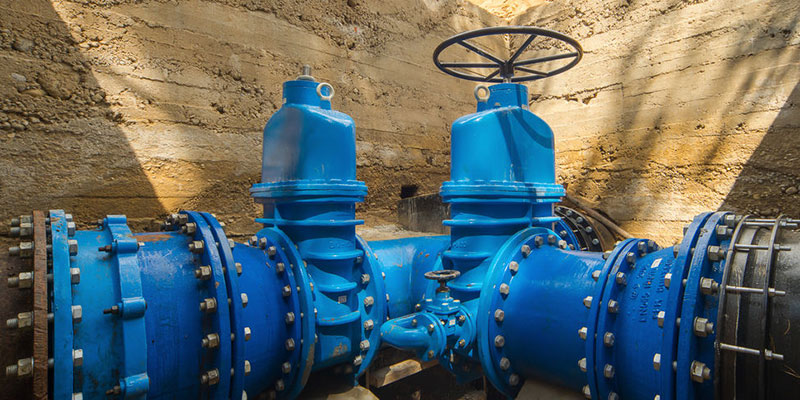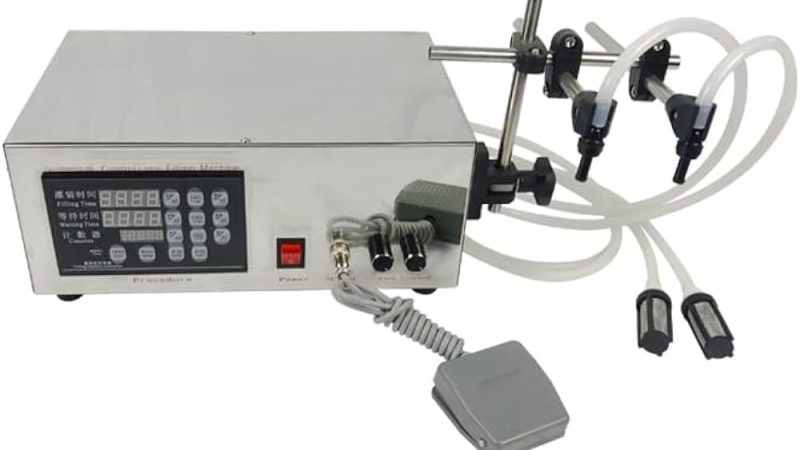Why do you Need Centralized Wastewater Treatment Services

In the face of escalating environmental concerns and burgeoning urbanization, the need for centralized wastewater treatment services has become increasingly imperative. As populations burgeon and industries thrive, the volume of wastewater generated rises in tandem, posing a significant threat to both human health and the environment. Centralized wastewater treatment services by McDonald Farms Enteprises offer a comprehensive solution to this burgeoning crisis by efficiently treating and managing wastewater on a larger scale.
Global water crisis
One of the primary reasons supporting the necessity of centralized wastewater treatment services is the escalating global water crisis. With water scarcity affecting numerous regions across the globe, the responsible management of wastewater becomes crucial. Centralized treatment facilities enable the extraction of reusable water from wastewater, alleviating the strain on freshwater sources and providing an eco-friendly solution to water scarcity. By implementing advanced treatment processes, these facilities can produce high-quality treated water that meets stringent standards, ensuring its safe reuse for various purposes such as irrigation, industrial processes, and even potable water supply.
Safeguarding public health
Furthermore, centralized wastewater treatment services play a pivotal role in safeguarding public health. Unchecked discharge of untreated or poorly treated wastewater can introduce a plethora of contaminants into water bodies, leading to the spread of waterborne diseases. Centralized treatment ensures that harmful pathogens, chemicals, and pollutants are effectively removed, mitigating the risk of waterborne illnesses and protecting the health of communities. This not only contributes to a healthier population but also reduces the economic burden associated with healthcare costs and lost productivity due to water-related diseases.
Sustainable environmental conservation
Moreover, centralized wastewater treatment services offer a sustainable approach to environmental conservation. Improper disposal of untreated wastewater can lead to the degradation of aquatic ecosystems, causing harm to fish and wildlife. By centralizing the treatment process, authorities can implement stringent environmental standards and ensure that effluents released into water bodies comply with regulations. This proactive approach helps preserve biodiversity, maintain ecological balance, and protect sensitive ecosystems from the adverse effects of pollution.
Overall development of urban areas
In addition to environmental and health benefits, centralized wastewater treatment services contribute to the overall development and resilience of urban areas. As cities grow, the decentralized and fragmented nature of wastewater management becomes increasingly inefficient. Centralized treatment facilities streamline the process, allowing for better monitoring, control, and optimization of wastewater treatment. This, in turn, enhances the overall resilience of urban infrastructure against the challenges posed by climate change, population growth, and industrial expansion.
To sum up
The need for centralized wastewater treatment services is paramount in addressing the multifaceted challenges posed by escalating urbanization and environmental degradation. By providing a comprehensive and sustainable solution to wastewater management, these services safeguard public health, alleviate water scarcity, and contribute to the conservation of vital ecosystems, fostering a healthier and more resilient future for communities worldwide.






